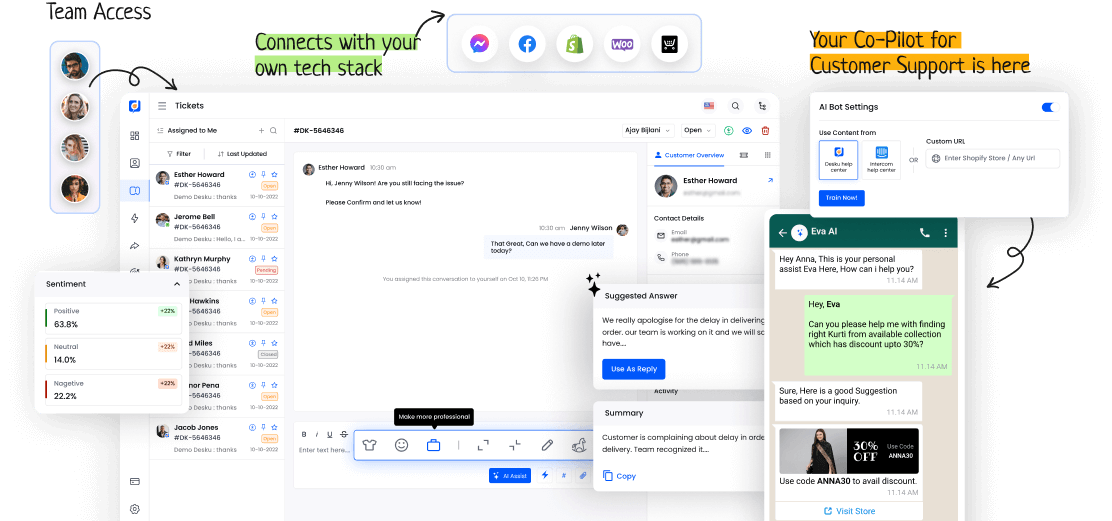Fixed VoIP is key in Voice over Internet Protocol technology. It's important in today's communication systems. More firms are turning to digital solutions. Knowing Fixed VoIP's details is crucial.
Its working, safety, and growth factors shape current communication fields. Delving into Fixed VoIP shows a realm of opportunities. This can change the way businesses and people interact and work together.
I. Defining Fixed VoIP
Fixed VoIP, part of Voice over Internet Protocol technology, is using internet protocol networks for voice communication services. It means understanding how VoIP integration allows voice transmission over digital networks.
This changes how we communicate. This integration makes connectivity smooth and lowers the cost of communication solutions for both people and businesses.
II. Advantages and Disadvantages of Fixed VoIP
In thinking about using Fixed VoIP tech, it's key to look at its good and bad points. This helps make smart choices about communication tools.
Good Points:
- It's a cheaper way to talk
- You can use it from any location
- It works with other business tools
- It has top-notch features like voicemail to email
Bad Points:
- It needs a steady internet link
- It could have security issues
- Emergency calling is limited
- Its reliability changes with internet quality.
III. Fixed VoIP vs. Non-Fixed VoIP Comparisons
Fixed VoIP and Non-Fixed VoIP have clear differences in their operation and use in today's communication systems. Looking at cost, Fixed VoIP often brings more affordable choices than Non-Fixed VoIP. In terms of security, Fixed VoIP generally has stronger security measures to protect communication data. These points are key in picking the right VoIP solution for various business needs.
| Aspect | Fixed VoIP | Non-Fixed VoIP |
|---|---|---|
| Cost | Has more affordable choices | May be pricier over time |
| Security Measures | Provides strong security measures | Security measures are not consistent |





